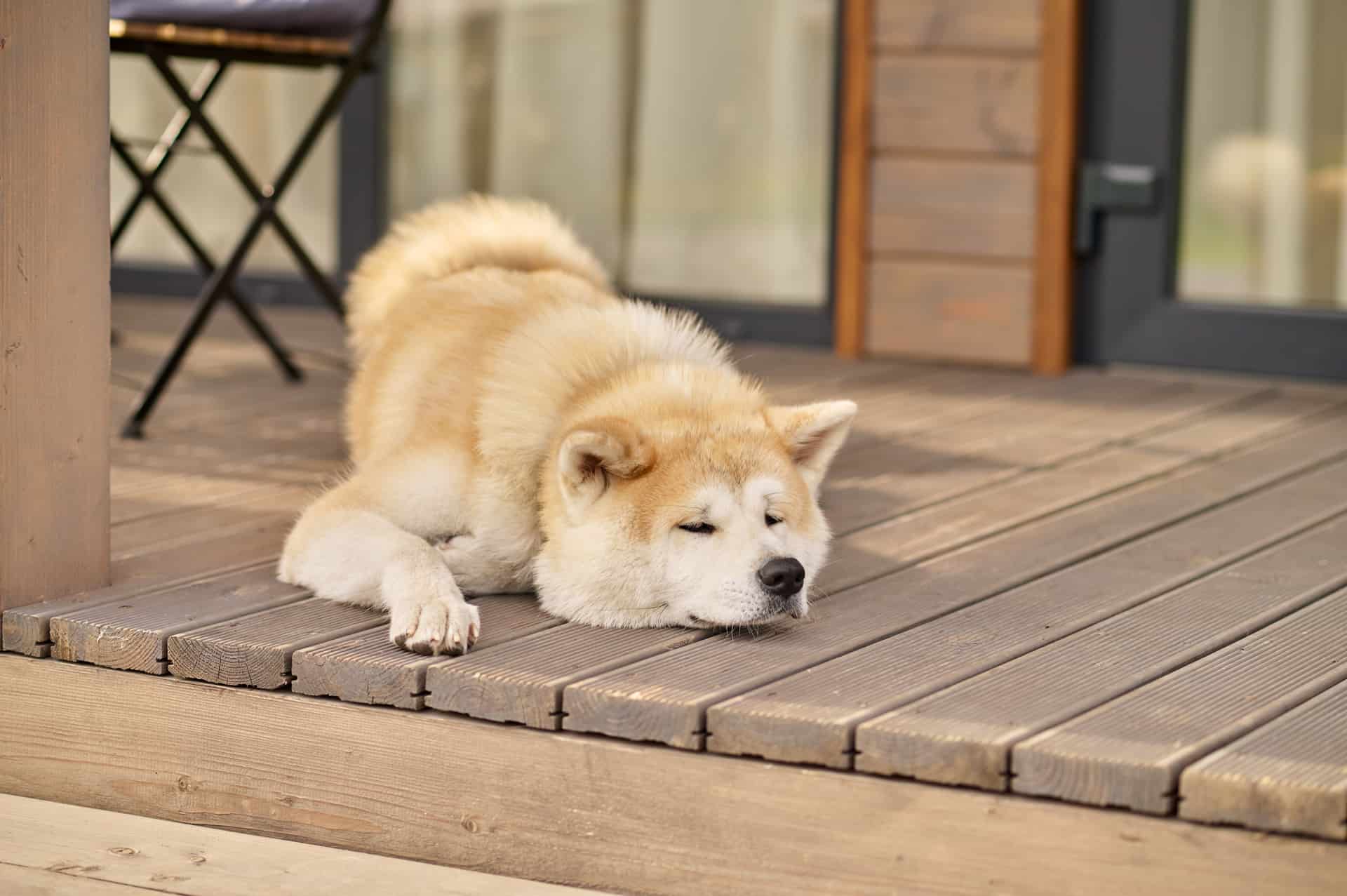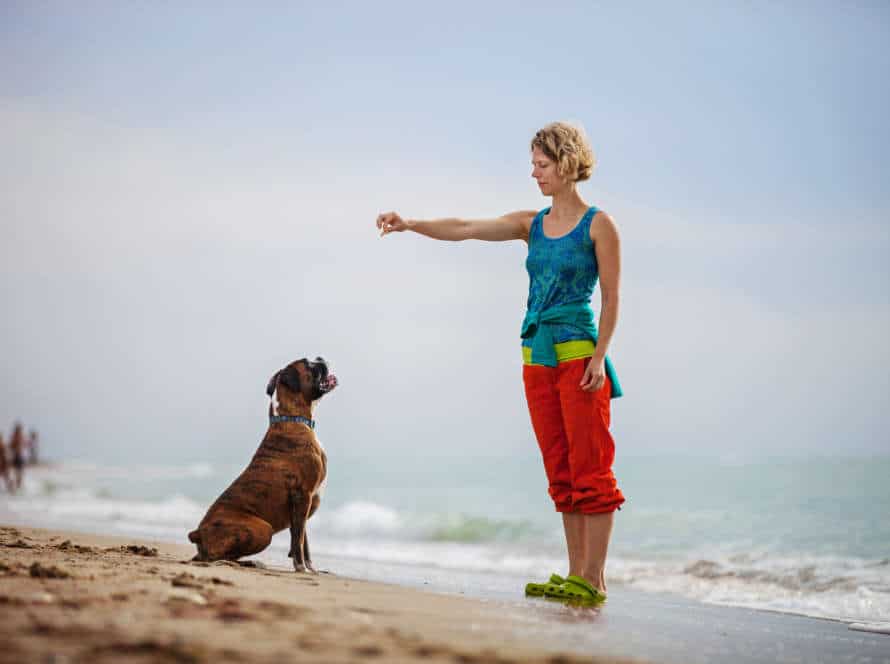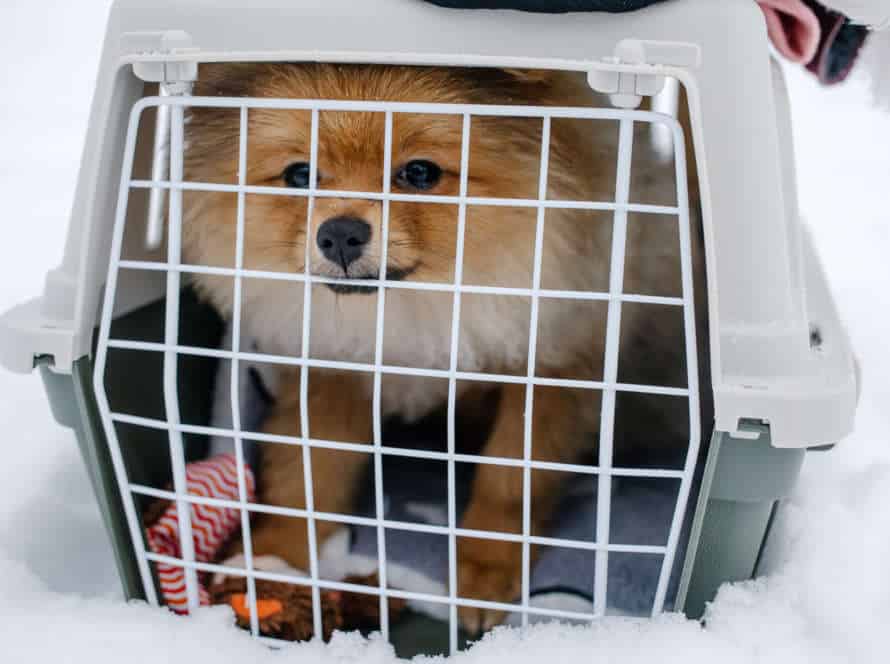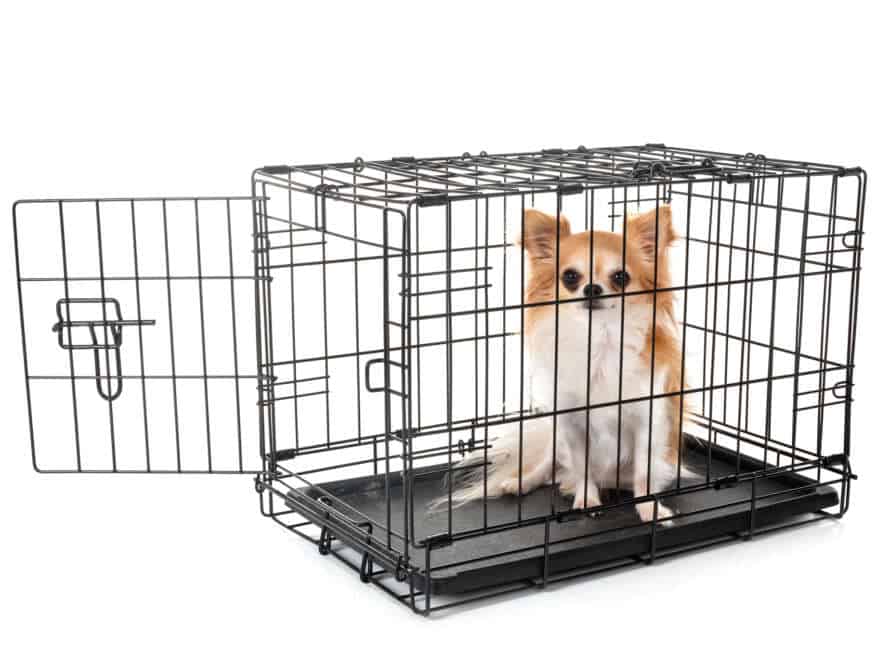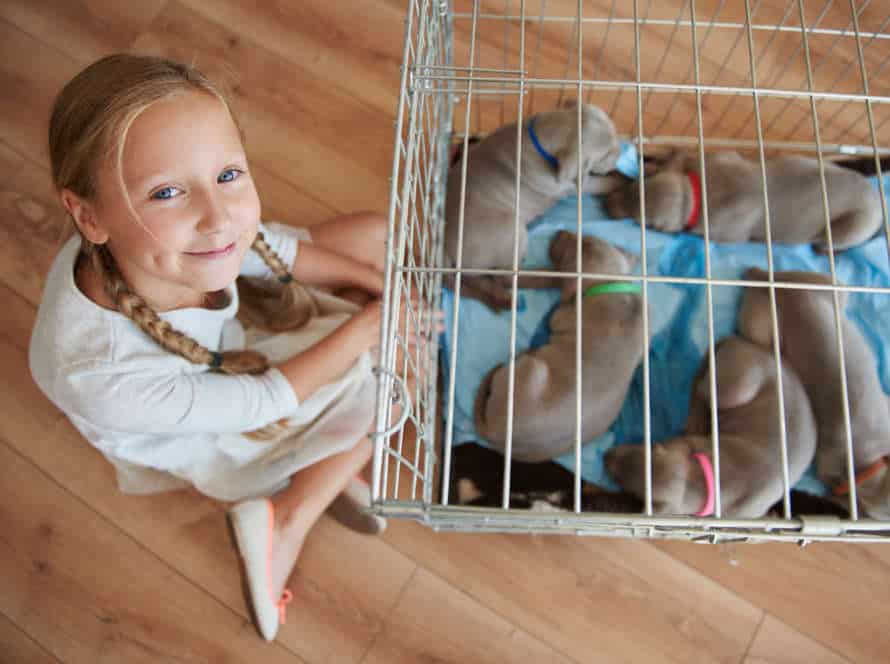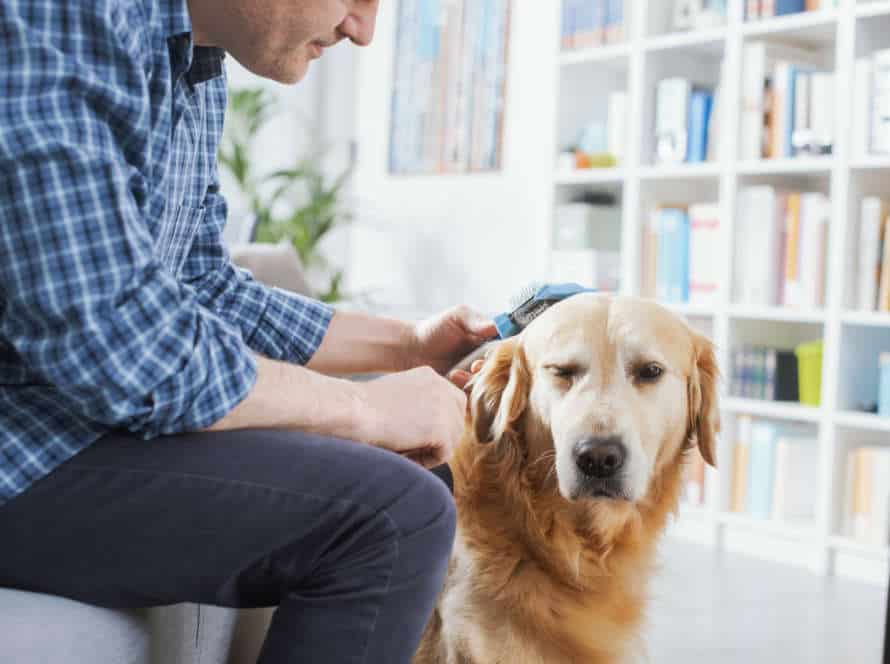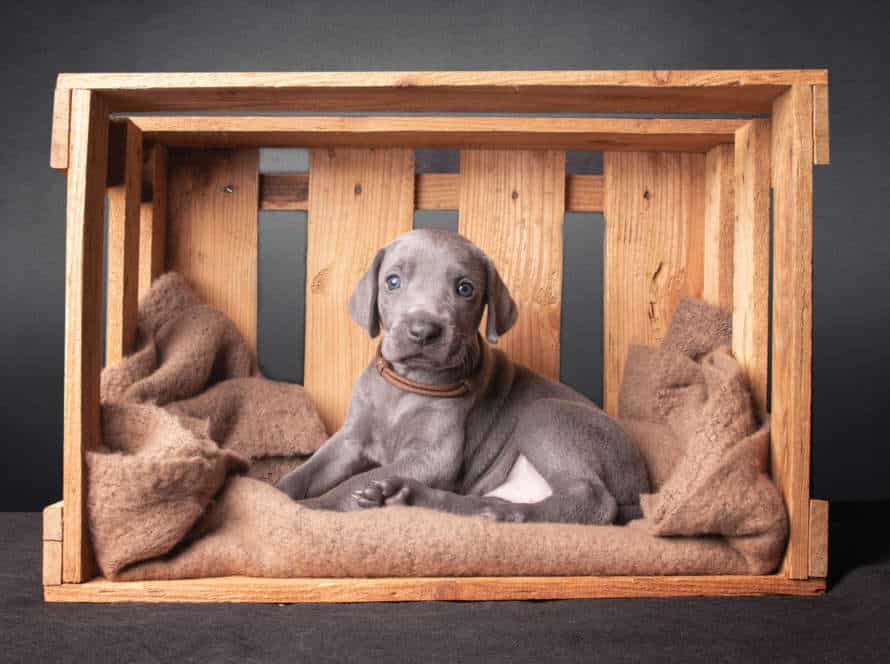When to Seek Professional Help for House Training Challenges
House-training your furry friend can be tricky and take some time. Even if you try various methods, the challenges might stay. Thus, it may be time to get professional help.
Here are a few signs that mean you should:
- Your pet can’t hold their bladder or bowel movements for long, despite training attempts.
- Your pet gets aggressive, like biting or growling, when faced with things like crate/potty pad.
- Your pet looks distressed or anxious when taken outside or to a potty area.
Seeking professional help doesn’t make you a bad pet owner – it shows you care. Tip- look for a qualified animal behaviorist/trainer with experience in house-training challenges.
Understanding Normal House Training Issues
House training is a must for your pup or doggo! It’s a way to bond with your furry friend. But, it can be tough for even experienced pet parents to work out what’s not going right and how to fix it.
Knowing some common house training issues can help you choose when to get expert advice.
Common house training mistakes to avoid
House training your furry pal is key in creating a positive bond. To make it successful, there are some house training mistakes you must avoid.
Here are a few:
- Inconsistency: Different training methods, rewards, or schedules can confuse your pet, making the process longer.
- Punishing accidents: Don’t punish after accidents, use positive reinforcement instead.
- Not keeping a routine: Having no consistent routine for meals, playtime, and potty breaks can lead to inconsistent success with house training.
- Lack of supervision: Not watching your pet can cause undesired behavior and accidents.
If your pet is having serious house training issues, it might be time to seek professional help. Professionals can detect medical or behavioral issues, helping you towards a peaceful home.
Addressing common potty training challenges
Potty training your pooch can be hard. It’s typical to experience issues during this process. Knowing normal house training issues and when to get expert help is vital to keep your pet focused and make the procedure as stress-free as could be expected.
Common Potty Training Challenges and How to Deal With:
- Accidents inside the house: Have a regular feeding and walking timetable, watch your dog intently in the house, and utilize a crate if necessary.
- Marking: Get your dog “fixed”, use positive support, and control territorial behavior.
- Fear of the outside: Step by step increment your dog’s openness to the outside world, use positive support, and make the outside a pleasant spot for your dog.
It’s fundamental to pick a strategy that accommodates you and your pet’s character, be patient, and continue attempting.
On the off chance that you and your dog can’t beat the preparation difficulties, and the issues are affecting your pet’s personal satisfaction, your relationship with your pet, or your home’s harmony, it’s suggested to look for expert help.
Identifying early signs of house training challenges
House training issues with dogs are common. Look out for signs like urinating/defecating inside the house, excessive/nonexistent sniffing during potty breaks, scratching/pacing at the door/window, barking/whining/circling.
If these signs continue or new ones arise even with consistent training, seek professional help. A dog trainer/vet can diagnose any underlying medical conditions and help your furry friend overcome the challenges.
Determining the Need for Professional Help
House training a pup is essential for a behaved pooch. But it can be tricky. It may be a great idea to get expert help. Before doing so, think about your pup’s needs and decide if this is the best option.
When to seek professional help
House training a pet can be tricky. If you’re not sure when to get professional help, here are some signs to look out for:
- No progress – despite your efforts, if your pet isn’t improving, it may be time to consult a pro.
- Regressing – if your pet was doing well but now isn’t, it could be due to an underlying medical or behavioral problem.
- Health issues – if your pet is unwell, like with a urinary tract infection, their ability to learn and follow house training rules will be affected.
- Mental health – if your pet is anxious or showing other mental health issues, a professional trainer or behaviorist could help.
Remember, seeking professional help isn’t a sign of failure. It’s a positive way to create a better outcome for you and your pet.
Reasons for seeking professional help
House training your pup can be tough. If you’re struggling, it might be time to get a pro dog trainer. Here are some reasons why:
- Your dog’s behavior isn’t getting better.
- Your pup is showing aggression or worry around people or other animals.
- You can’t dedicate enough time or resources to consistent training.
- You feel overwhelmed or frustrated with the process.
- A pro can help you figure out the issues and give you the tools for success. Pro Tip: Look for a trainer certified by a reliable org and using humane and positive reinforcement-based methods.
Consulting with a veterinarian or animal behaviorist
House training can be tough for pet owners. If it’s too hard, it’s time to get pro help. Here’s when you need it:
- If your pet shows signs of anxiety, fear or aggression.
- If traditional training doesn’t work.
- If your pet has accidents and can’t follow commands.
No shame in getting help. It’ll help develop a good relationship between you and your pet.
Professional House Training Solutions
House training a new pup? Intimidating! You may decide to turn to expert help. Professional house training solutions include:
- Private consultations
- Group classes
- Individual training sessions
Here’s a look at the pros and cons.
Training methods used by professionals
Pro dog trainers use a range of methods to teach dogs. Some of them are:
- Positive reinforcement training – Treats, praise and toys are rewarded for good behaviour. This encourages the dog to keep it up.
- Clicker training – A clicker signals that the dog did something good.
- Remote training – It uses a remote-controlled collar to provide harmless electrical stimulation that stops bad behaviour.
- Leash and collar training – A leash and collar is used to command basic obedience such as ‘sit’ and ‘stay’.
If your pup is having house training issues, seek help from a pro. They can tailor solutions and plan training to help your pup understand the right way to behave.
Addressing specific house training issues
House training a pup is an amazing achievement. But it can be difficult, with issues that might need a pro’s help. Here are some common house training challenges and when to get expert help:
- Keeping consistent: If you’re not consistent in training, your pup may have trouble knowing where and when to go.
- Separation anxiety: If your pup is anxious or stressed from being alone, they may have accidents in the house.
- Medical issues: Urinary tract infections, diarrhea, and other medical problems can make it hard for your pup to control their bladder and bowels.
If you’ve tried everything and don’t see any improvement, it’s essential to get professional help. A dog trainer can help with specific issues and create effective strategies and realistic goals that work for both you and your pup.
Setting realistic training goals
Setting realistic goals for training your furry friend is essential for successful house training. You and your pet should have achievable goals, to make the process smoother and more enjoyable. Here are some tips:
- Consider your pet’s breed, age and temperament. Some dogs can learn faster than others.
- Focus on one behavior to work on, like crate training or no jumping on guests.
- Break it down into smaller steps, so you and your pet can progress gradually. This will help them stay interested.
- Reward your pet when they meet their goals with treats, praise and playtime. Be patient when they don’t.
- If you’re struggling, get professional help. House training can be challenging!
Monitoring and Maintaining Results
Training a pup or doggo is a process that calls for persistance and calm. But if you’re having big issues, it’s best to get help from an expert trainer or animal behaviourist. In this section, we’ll talk about the need to keep an eye on your pet after pro help’s been found.
Measuring progress
Measuring progress is vital for tracking & keeping house-training successes with your pet. Here’s how:
- Note any changes or issues with your pet’s potty schedule.
- Check their behavior & look for signs of distress or pain.
- Record accidents – like frequency & location.
- Make a log or chart to track observations & progress.
- If progress isn’t what you’d like, seek help from an expert. Patience & consistency are musts when training. Pro tip: Celebrate successes & reward good behavior to boost positive habits.
Keeping motivated throughout the process
House training your furry friend can be tough. It’s easy to lose motivation. Here are 4 ways to stay motivated and help your pet succeed:
- Set realistic goals. Celebrate each success to stay motivated.
- Keep track of your pet’s progress. This helps you know what to adjust.
- Don’t be scared to ask for help. A pro trainer or behaviorist can help.
- Remember why you started. Cleaner home, better bonding, better behavior.
Follow these tips and stay focused on the end goal. You and your pet will be happier and healthier.
Pro tip: Reward yourself and your pet. Treats, playtime, and other incentives will keep you both motivated.
Preventing future house training issues.
To prevent house training issues, consistent monitoring and maintenance is a must. If an accident happens, it’s important to identify the cause and address it.
Set a schedule for feeding, watering, and walking your pet. Be consistent with rewards and discipline. If problems persist, it’s time to get professional help from a dog trainer or vet. This could rule out medical or behaviour issues.
It’s much better to prevent house training issues than to try and fix them after they’ve become a habit. Monitor, maintain and, if needed, get professional help, and you’ll have a clean and happy home.
Remember, house training takes time and patience, but it’s worth it! With proper reinforcement and discipline, you can have a well-behaved and beloved pet in your household.
Frequently Asked Questions
1. When should I seek professional help for house training challenges?
If your puppy is over 6 months old and still struggling with house training, or if you have tried multiple methods without success, it is time to seek professional help.
2. What kind of professional can help me with house training challenges?
A certified dog trainer or a veterinary behaviorist can help diagnose the underlying issue causing the house training challenge and provide tailored solutions to address the problem.
3. Can house training challenges be a sign of a medical problem?
Yes, urinary tract infections or gastrointestinal issues can cause house training challenges in dogs. It is important to rule out any underlying medical conditions before moving onto behavioral solutions.
4. How long does it usually take to resolve house training challenges with professional help?
It depends on the severity of the issue and the individual dog. Some dogs may take a few weeks to see an improvement, while others may require months of consistent training and behavior modification.
5. Can I train my dog to be house trained on my own, without professional help?
Yes, it is possible to train your dog to be house trained on your own. However, if you are struggling with consistent accidents or have tried multiple methods without success, seeking professional help may speed up the process and provide tailored solutions.
6. How can I prevent house training challenges in the future?
The best way to prevent house training challenges in the future is to start training your puppy as soon as they come home with you. Consistent positive reinforcement and a regular schedule for bathroom breaks can help prevent accidents. Additionally, discouraging your dog from going in the house and rewarding them for going outside can reinforce good behavior.

